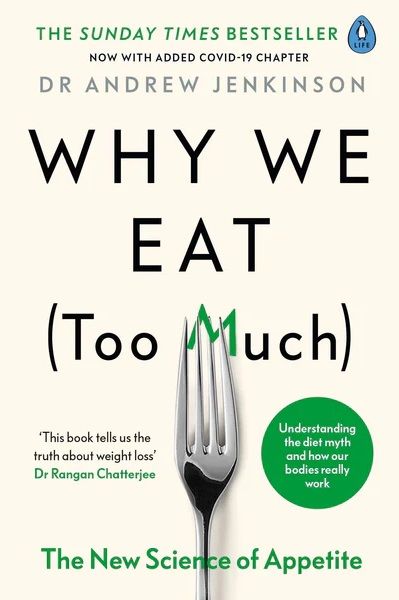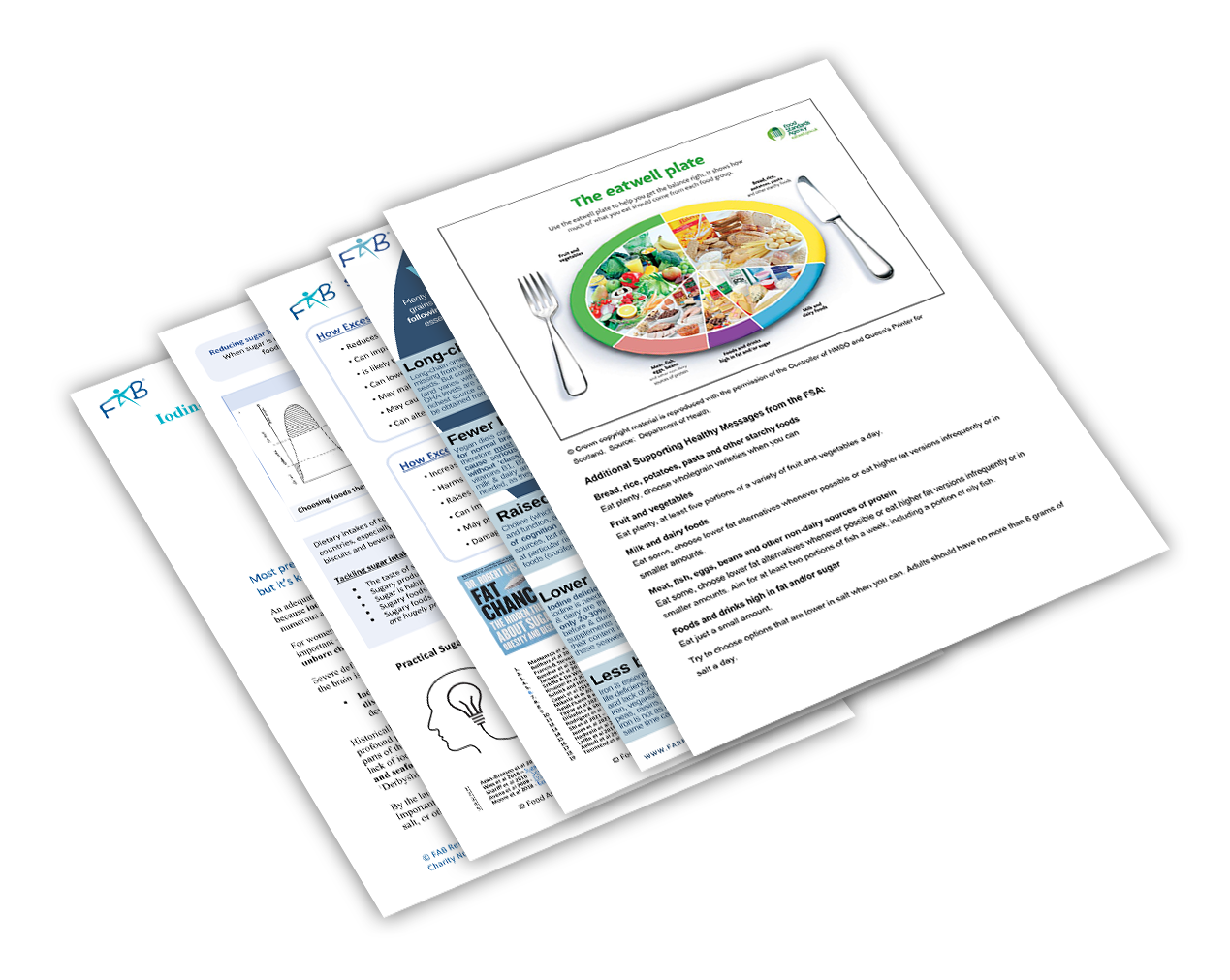Receive exclusive content, promotions, news and events to your mailbox.
Why We Eat (Too Much): The New Science of Appetite

The Sunday Times bestseller that explains the new science behind weight loss and how we can get in shape without counting calories
We've all heard the golden rule: eat less, exercise more and you'll lose weight. But what if it isn't that simple?
For over two decades, weight loss surgeon Dr Andrew Jenkinson has treated thousands of people who have become trapped in the endless cycle of dieting. Why We Eat (Too Much), combines case studies from his practice and the new science of metabolism to illuminate how our appetite really works.
Debunking myths of about body and systematically explaining why dieting is counter-productive, this unflinching book investigates every aspect of nutrition: from the 'set weight point' that is unique to all of us, to good and bad fats, and from how genes impact our weight to how our hormones are affected after a diet ends.
With a new chapter about the link between obesity and COVID-19, this incredible book will help you understand your body better than ever before.
"A compelling look at the science of appetite and metabolism"
- Vogue
"This book tells us the truth about weight loss"
- Dr Rangan Chatterjee
"Articulate, clear, a joy to read, this is a book that really needed written"
- Joanna Blythman, author of Swallow This
"Highly persuasive . . . a radical approach to weight loss"
- Sunday Times
"Debunks the myths around dieting and weight-loss"
- Telegraph
About the Author
Dr Andrew Jenkinson is a consultant surgeon with a special interest in advanced laparoscopic, or keyhole surgery. He is part of an expert team developing advances in gastrointestinal (stomach and bowel) surgery at University College Hospital in Bloomsbury, central London. He is the author of the Sunday Times bestseller Why We Eat (Too Much).
Get the latest insights in nutrition and brain health


Food and Behaviour Research is a registered charity (No SC034604) and a company limited by guarantee (Co No SC 253448)
what we do
Important Notice:
Medical opinion and guidance should always be sought for any symptoms that might possibly reflect a known or suspected disease, disorder or medical condition. Information provided on this website (or by FAB Research via any other means) does not in any way constitute advice on the treatment of any medical condition formally diagnosed or otherwise.
All Rights Reserved | Food and Behaviour Research | Privacy Policy | Terms of Use | Accessibility